Search Definitions
Browse Content (p. 126)
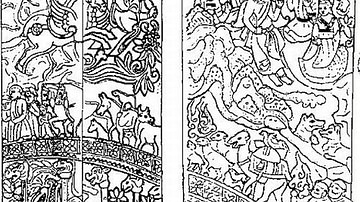
Definition
Chinvat Bridge
The Chinvat Bridge is the span between the world of the living and the afterlife in the ancient Persian religion of Zoroastrianism. It is also known as Cinvat Bridge, Cinvad Bridge, and Chinvato Peretav. Every soul, after death, was thought...
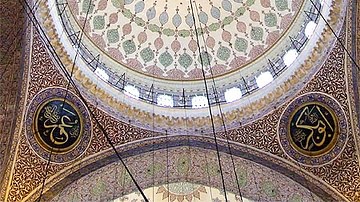
Definition
Rashidun Caliphate
The first four caliphs of the Islamic empire – Abu Bakr, Umar, Uthman, and Ali are referred to as Rashidun (rightly guided) Caliphs (632-661 CE) by mainstream Sunni Muslims. Their tenure started with the death of Prophet Muhammad in 632 CE...
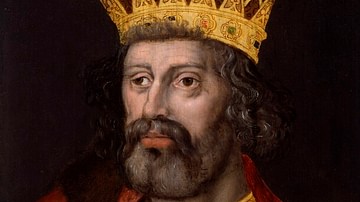
Definition
Edward I of England
Edward I of England reigned as king from 1272 to 1307 CE. Edward succeeded his father Henry III of England (r. 1216-1272 CE) and was known as 'Longshanks' for his impressive height and as 'the Hammer of the Scots' for his repeated attacks...
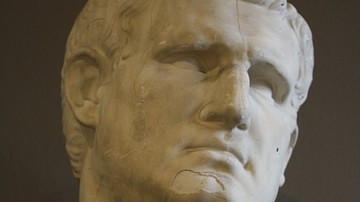
Definition
Marcus Agrippa
Marcus Vipsanius Agrippa (l. 64/62 – 12 BCE) was Augustus' (r. 27 BCE - 14 CE) most trusted and unshakably loyal general and his right-hand man in the administration of the city of Rome. Although his name is forever connected with the first...

Definition
Avesta
The Avesta is the scripture of Zoroastrianism which developed from an oral tradition founded by the prophet Zoroaster (Zarathustra, Zartosht) sometime between c. 1500-1000 BCE. The title is generally accepted as meaning “praise”, though this...
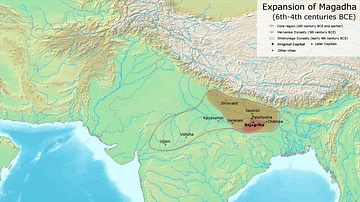
Definition
Shishunaga Dynasty
The Shishunaga Dynasty (also Sishunaga/Shaishunaga Dynasty) ruled the Magadha Kingdom in ancient India from c. 413 BCE to c. 345 BCE (in some sources from 421 BCE). It is said to be the third imperial dynasty of Magadha after the Brihadratha...
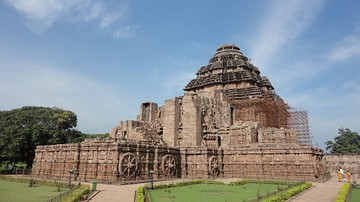
Definition
Konarak Sun Temple
The Konark or Konarak Sun temple is dedicated to the Hindu sun god Surya, and, conceived as a giant stone chariot with 12 wheels, it is the most famous of the few sun temples built in India. It is located about 35 km northeast of the city...

Definition
Zorvanism
Zorvanism (also given as Zuvanism, Zurvanism) was a sect of the Persian religion Zoroastrianism which emerged in the late Achaemenid Empire (c. 550-330 BCE) and flourished during the Sassanian Empire (224-651 CE). It is often referenced as...
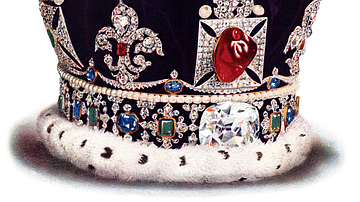
Definition
British Crown Jewels
The Crown Jewels of the monarchy of the United Kingdom of Great Britain and Northern Ireland are today kept in the Tower of London and date mostly to the 17th century, with a few later sparkling additions such as the Koh-i-Noor and Cullinan...

Definition
Jerusalem
Jerusalem is a major holy city for the three Western traditions of Judaism, Christianity, and Islam. It sits on spurs of bedrock between the Mediterranean Sea and the Dead Sea area. To the north and west, it tapers off to the Jezreel Valley...